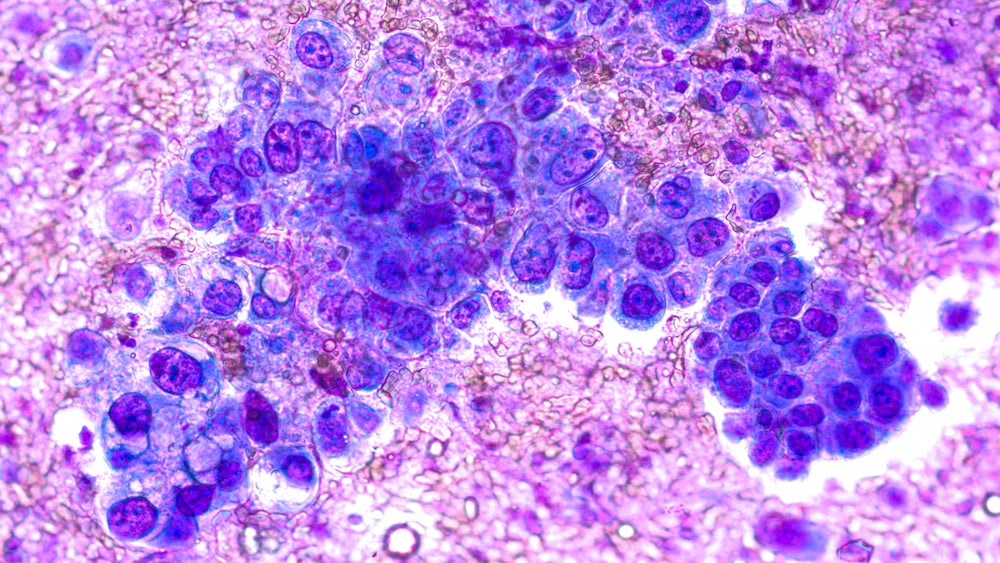
Iterion Therapeutics plans to initiate a Phase I trial of its lead candidate tegavivint in non-small cell lung cancer by the end of the year, CEO Rahul Aras told Clinical Trials Arena.
The investigator-sponsored trial will test tegavivint in combination with AstraZeneca’s Tagrisso (osimertinib) in EGFR-positive patients, Aras said.

Discover B2B Marketing That Performs
Combine business intelligence and editorial excellence to reach engaged professionals across 36 leading media platforms.
Tegavivint is an inhibitor of transducin beta-like protein 1 (TBL1), which is associated with poor prognosis and metastasis in a range of tumour types. In an ongoing Phase I/II study in desmoid tumours (NCT03459469), tegavivint has been well-tolerated without any observed dose-limiting toxicities.
Houston, Texas-based Iterion will disclose data from the ongoing trial demonstrating tumour stabilisation and anti-tumour efficacy at a conference next year, Aras said. Desmoid tumours are noncancerous growths occurring in connective tissues, commonly in the abdomen, arms and legs.
Last week, Iterion announced it initiated a 38-patient Phase I/II trial (NCT04851119) of tegavivint in paediatric patients with recurrent or refractory solid tumours. The Phase I portion will establish safety, tolerability, and a maximum tolerated dose, while the Phase II portion will preliminarily define tegavivint’s antitumour activity.
Iterion is well-financed through the next couple of years after recent equity financing and grants, Aras said. Iterion closed a $17m Series B round earlier this year and has a $16m grant from the Cancer Prevention Research Institute of Texas, he adds.

US Tariffs are shifting - will you react or anticipate?
Don’t let policy changes catch you off guard. Stay proactive with real-time data and expert analysis.
By GlobalDataRunning trials during Covid-19
Though much has improved since trials were brought to a standstill earlier in the pandemic, Iterion still faces lingering challenges, Aras said. “We are still seeing longer than usual start-up times for studies, in part due to the administrative staffing shortages that remain at many of the (study) centres,” he explained. To mitigate these obstacles, Aras noted advanced planning and proper internal communication have proven key.
During the peak of the pandemic several study centres stopped enrolling new patients in studies altogether, Aras said. “Some follow-up exams and obtaining patient biopsies were not possible because of staffing shortages and extra precautions being taken by healthcare centres,” he added.
Throughout the pandemic, proper funding and strong relationships with trial sites helped Iterion overcome these hurdles, Aras said.





